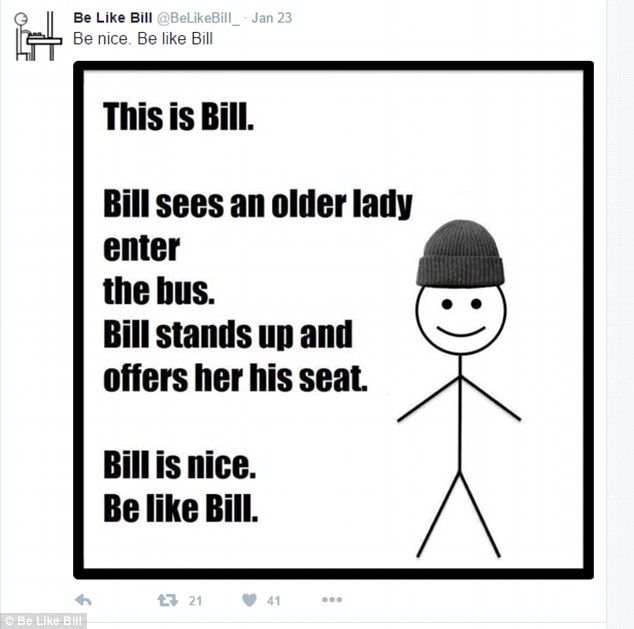I would say there are certain privileges that the storytelling mode has that the academic mode does not, and vice versa.
First of all, the storytelling mode has the advantage of having relaxed standards. One doesn’t have to appeal to specific conventions in order to tell a story. Perhaps one may if they wish, but it’s definitely not required. I could begin a story near the end and come back to the beginning (Star Wars), I could tell a story only to conclude it’s a dream at the end (too many of these), or I could tell a story about a story if I want. The part of storytelling which conveys a belief of the speaker/teller is sort of unavoidable. That is, if I tell a story about anything it will always contain some of my own perspective on things, which is just another way of saying my beliefs. To illustrate this point, look at this:

Secondly, the academic mode has the advantage of being precise, and goal-oriented. If I am trying to persuade you that the square root of 2 is an irrational number, it would be nonsense to tell a story about 2 going into a bar… etc. If you need convincing on any point in life, you’re gonna want the typical, academic format of writing. For example, to prove that the square root of two is irrational, you’ll want some axioms we agree on, some unambiguous mathematical manipulation, and an unbiased conclusion that logically follows from the premises. To illustrate this point, look at this:

Basically, the storytelling mode isn’t very persuasive in a logical way, but in an emotional way I think it’s powerful. Peter Singer argues for animal rights using emotional anecdotes all the time.